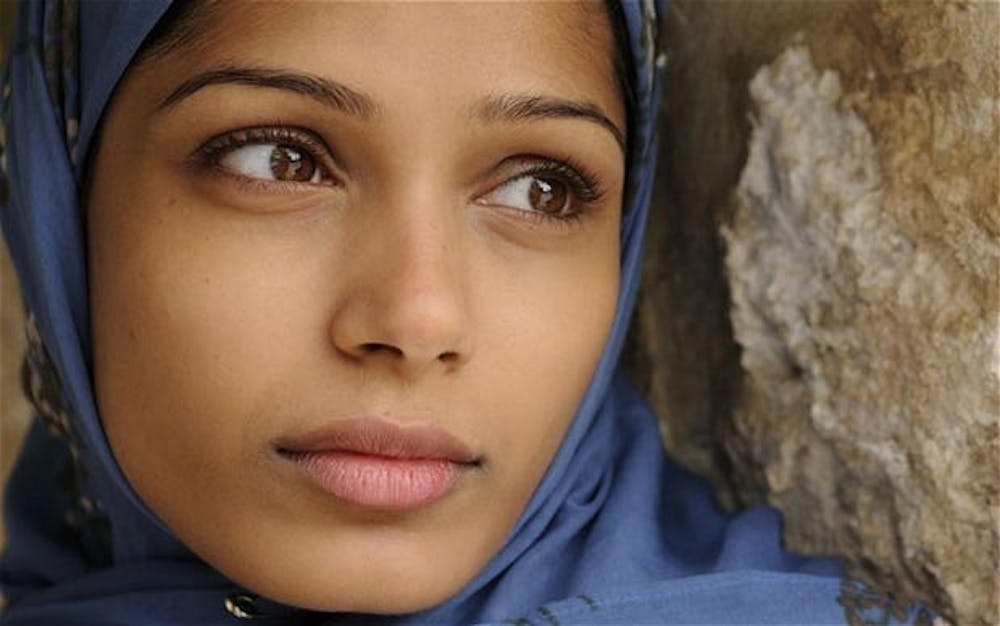Expectations for director Julian Schnabel are high after the success of his 2007 experimental drama, The Diving Bell and the Butterfly. His follow–up film Miral, based on a semi–autobiographical novel by Rula Jebreal, is a portrayal of the Israel–Palestine conflict from the perspectives of four women tied together in a disjointed narrative. Fitting with Schnabel’s existing oeuvre, each scene is thought–provoking and visually captivating, but ultimately the script tries and fails to cover an issue far too complex and layered to be encapsulated in one single cinematic sitting.
Structured as a progression from one woman to the next, the film commences with a focus on Hind Husseini (Abbass), a wealthy Palestinian woman who opens her home as a school to girls orphaned by the creation of the Israeli state. Without wasting any time, the film moves onto its next subject — the troubled, unfortunate Nadia and, mere minutes later, the nurse–gone–terrorist Fatima.
Following a rollercoaster of hardship, Nadia gives birth to Miral who, as a result of her emotionally unstable mother, ends up an orphan in Husseini’s school. Though in theory this brings the story full circle, in reality it just feels uneven, as the bulk of the film follows teenage Miral (Pinto) and her involvement with radical Palestinian political groups.
Despite an admirable ensemble performance by the cast, the narrative is far too rushed for the audience to make any meaningful connections with the characters. Abbass’ character, the only recurring face in the film, is especially allotted such minimal screen time that the viewer is left with the hollow sense that only the surface of her depth has been scratched.
Certain scenes will stay with viewers long after the film has ended in their unsettling profundity. A rapid succession of moviegoers’ faces as they sit in a cinema with a ticking bomb illustrate how innocent and unassuming the victims of terrorism are. An understated rape scene exemplifies the role of women in this society. Such scenes are wrought with political commentary, sure to incite debate and controversy due to the pro–Palestinian scope.
But despite the creative camera work and beautiful imagery to be expected from Schnabel, Miral does not live up to expectations. The film is too weighed down by political baggage and its own perception of its significance to develop a strong narrative and characters with depth. The divisive nature of the script no doubt hinders the film in cohesion.
Directed by: Julian Schanbel Starring: Hiam Abbass, Freida Pinto, Willem Dafoe, Vanessa Redgrave Rated PG–13, 112 min.

